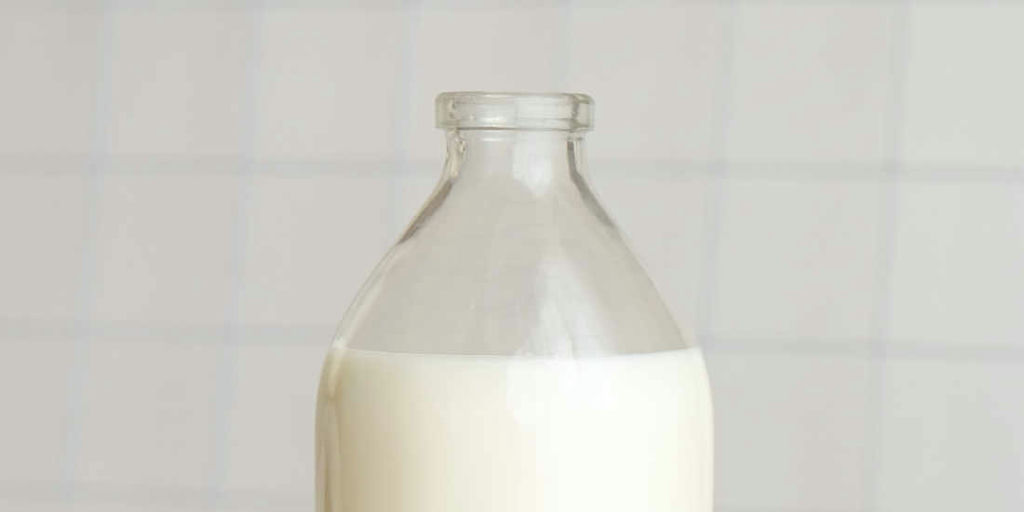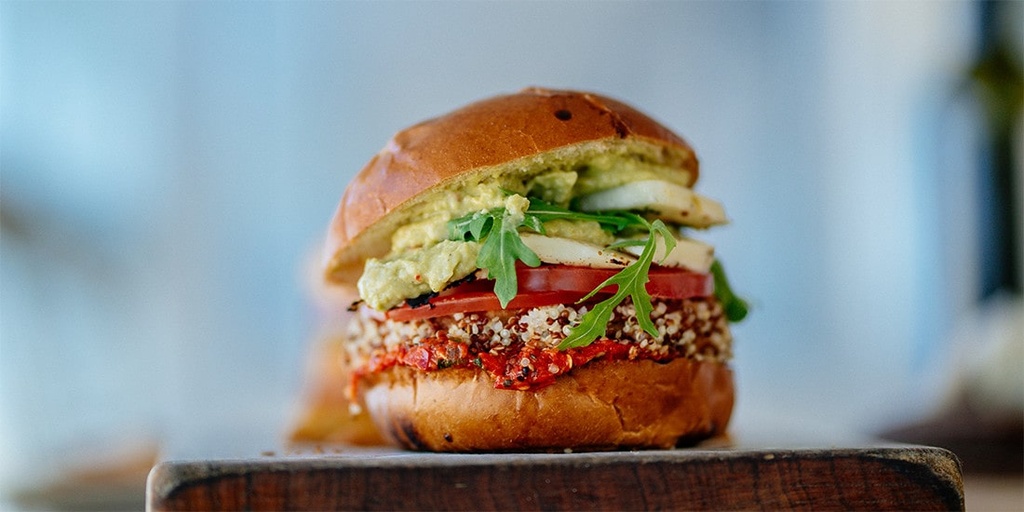Drink plant milk
- Earth Points
- 5
- Ease
- Easy

Photo by Sandi Benedicta on Unsplash
Description
Plant-based milk has been making headlines for a number of years now. You have undoubtedly seen a variety of non-dairy milk in stores or heard about them from friends or family. These new options have become popular with many people, including those who care about the environment, those who are concerned about cow treatment, and those who simply love the taste! Research shows that in some countries already at least a third of people drink non-dairy milk at least once a week, with that trend increasing.
Cow milk remains the most widely consumed milk on Earth with 500+ million metric tons produced per year. This significantly impacts the climate and environment. Cows produce methane, a potent greenhouse gas, which is many times more effective at trapping heat than CO₂. Additionally, the land required to rear cattle contributes to deforestation, as raising and feeding them is inefficient.
Plant-based milk such as oat, cashew, coconut, rice, hazelnut, or almond milk, are significantly less damaging. Plus, you may find your body digests them easier because many people have trouble with cow lactose and do not even realize it. You will also likely find that many taste better than cow milk. Have fun trying out the different options and upgrade your milk!
Tips
• Explore the plant-based milk options at your store. You may find a surprisingly large number! Try some out that call to you and go from there. You may not find your milk upgrade right away, and that is fine.
• Ask friends and relatives if they drink plant milk and if they have suggestions to help narrow your options down.
• Some factors to consider when discovering new milk options. Do you prefer a sweeter profile or not? Cow milk tends to have a lot of sugar in it. Do you enjoy flavored milk? What protein or vitamins do you want from your milk? Compare the nutritional labels of cow milk and different plant milk to understand the options better.
• If you want to go deeper, some plant-based milk options are more or less sustainable. For example, coconut milk can contribute to the destruction of rainforests. Rice milk and almond milk are heavily water-reliant, and most of the world's almonds are grown in California, which is having major drought issues. Despite the caveats, the key point is that if it is not dairy, it is an improvement.
